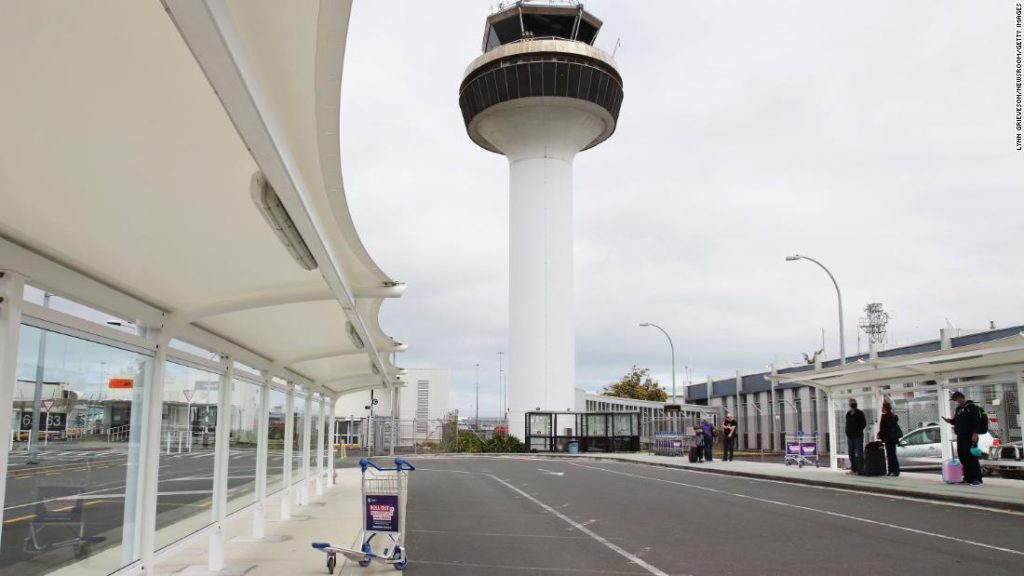One of those infected had spent 14 days in quarantine after being evacuated on a chartered 747 jet from India to New Zealand last September and had tested negative twice.
Others appear to have become infected on the flight, even though it was only a third full and passengers were spaced apart from one another. All passengers were required to wear face masks for the duration of the flight.
The evacuees were quarantined in a hotel, in rooms with balconies and private bathrooms. But at least two more got infected in the hotel, the researchers reported.
Closed-circuit television shows one of the people infected on the flight and two people infected in the hotel were never in direct contact and were not even outside their rooms at the same time, the researchers said.
“Nevertheless, footage showed that during routine testing on day 12, which took place within the doorway of the hotel rooms, there was a 50-second window between closing the door to the room of case-patient C and opening the door to the room of case-patients D and E. Therefore, we hypothesized that suspended aerosol particles were the probable mode of transmission in this instance, and that the enclosed and unventilated space in the hotel corridor probably facilitated this event,” they wrote.

AUCKLAND, NEW ZEALAND: A small group of passengers wait for shuttle buses below the air traffic control tower after arriving at Auckland Domestic Airport on 7 October 2020, two days before the lifting of Alert Level 2 restrictions for the Auckland region that were put in place following the re-emergence of Covid-19 in the community (Photo by Lynn Grieveson – Newsroom via Getty Images)
Lynn Grieveson/Newsroom/Getty Images
After 14 days of quarantine in the New Zealand city of Christchurch, and repeated negative tests, some of the travelers were flown on a chartered flight to Auckland, where they were met by household contacts. Two of those contacts became infected.
The team tested samples from everyone infected. “We found a genomic link between virus isolated from all 9 case-patients,” they wrote.
“These findings reinforce the need for rigorous border control processes for countries pursuing COVID-19 elimination,” they wrote. Plus, careful testing and contact tracing is important for keeping track of the virus, they said.
You may also like
-
Afghanistan: Civilian casualties hit record high amid US withdrawal, UN says
-
How Taiwan is trying to defend against a cyber ‘World War III’
-
Pandemic travel news this week: Quarantine escapes and airplane disguises
-
Why would anyone trust Brexit Britain again?
-
Black fungus: A second crisis is killing survivors of India’s worst Covid wave

